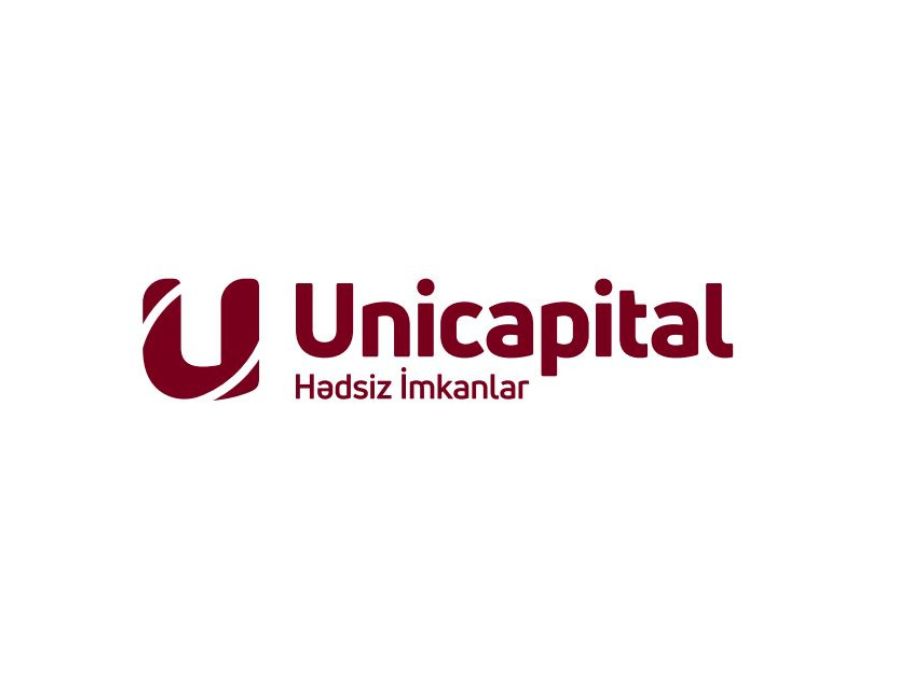The reason for growing interest in bonds in Azerbaijan

In response to our questions about the increasing interest in bonds in Azerbaijan, Elmidar Shirinzade, the head of the "Underwriting" department at Unicapital Investment Company OJSC, provided clarity. Our interviewee also touched upon the advantages of investing in capital markets.
What do you attribute the recent surge in bond activity in the capital markets to?
As you know, there has been a significant increase in the purchase of corporate and government bonds in the capital markets recently. It would be useful to approach this from both the issuer's (borrower) and investor's (lender) perspectives.
Issuers benefit greatly from the capital markets by offering their shares and bondsfor trading. If we examine these benefits on a broader scale, we see that the absence of collateral, the payment of the principal at the end of the term instead of through annuity methods, and borrowing opportunities up to twice the net assets are motivating factors for issuers. Capital markets offer flexibility regarding the amount of funds raised and the duration interest rate. Additionally, companies gain a positive reputation and credit rating through capital markets, which facilitates borrowing at lower interest rates and more favorable terms in future issuances.
I would like to point out that Unicapital Investment Company OJSC, as the first and longest-serving member of the Baku Stock Exchange (BFB), provides professional services in the placement and underwriting of securities.
Recently,, the company has served as the underwriter for well-known organizations such as Unibank CB OJSC, AccessBank CJSC, MAX LLC, Ferrum Capital CJSC, and MJ FS NBCO CJSC, ensuring 100% successful placement of all securities on the exchange.
Furthermore, this year, Unicapital has provided significant support for the placement of securities of Finca Azerbaijan CJSC on the exchange.
From the investor's perspective, both legal entities and individuals can invest in government and corporate sectors. Especially in the past two years, many companies in the corporate sector have issued bonds, contributing to the revitalization of capital markets. Bonds offer investors more options compared to alternative investment tools. Investors have the right to invest in bonds issued by banks, non-bank credit organizations (NBCOs), various financial companies, manufacturing companies, and other organizations, in both local and foreign currencies.
What investment opportunities are available for individuals in the current capital market?
Based on the amendment to the Tax Code, starting from February 1, 2023, dividends, discounts, and interest income paid on shares and bonds that are publicly offered and traded in a regulated market are exempt from tax for a period of 5 years. This, in turn, has a direct impact on individual investments in securities.
Factors that pique the interest of buyers include the 3-4% higher interest rates compared to bank deposits, the exemption of individuals from the 10% tax on income, the ability to sell bonds back with accumulated interest before maturity, and the potential for selling them at a higher price in the secondary market.
What is the minimum amount required for investing in bonds?
The minimum investment amount in these securities varies based on the nominal price of the instrument.
For instance, the nominal price of government bonds issued by the Ministry of Finance is 100 manat, while many corporate bonds have a nominal price of 1,000 manat. However, some companies issuing corporate bonds have set the nominal price at 100 manat, considering the purchasing power of individuals. During the purchase, third-party fees (Baku Stock Exchange, National Deposit Center, and Investment Companies) are minimal. Therefore, the minimum investment amount is reasonably considered to be 100 manat.
What are the key factors that distinguish bonds from other fixed-income investment instruments?
It is more appropriate to compare bonds with bank deposits as fixed-income investment tools. First, it should be noted that their profitability rates are 1.5 times higher than those of stable banks. Tax benefits on publicly offered bonds contribute to a return of over 1% on total profitability, and these instruments are considered more liquid.
One of the key aspects that interest buyers when investing in bonds is whether it is possible to redeem the security at any time.
Currently, many issuers prefer to place their securities on the exchange with a buyback commitment.
Of course, the buyback is conducted within a specified time frame and based on the execution price of the pre-agreed option.
For consultation please leave a request
Your request has been sent successfully.
© 2026 Unicapital Investment Company OJSC.
Bütün hüquqlar qorunur.